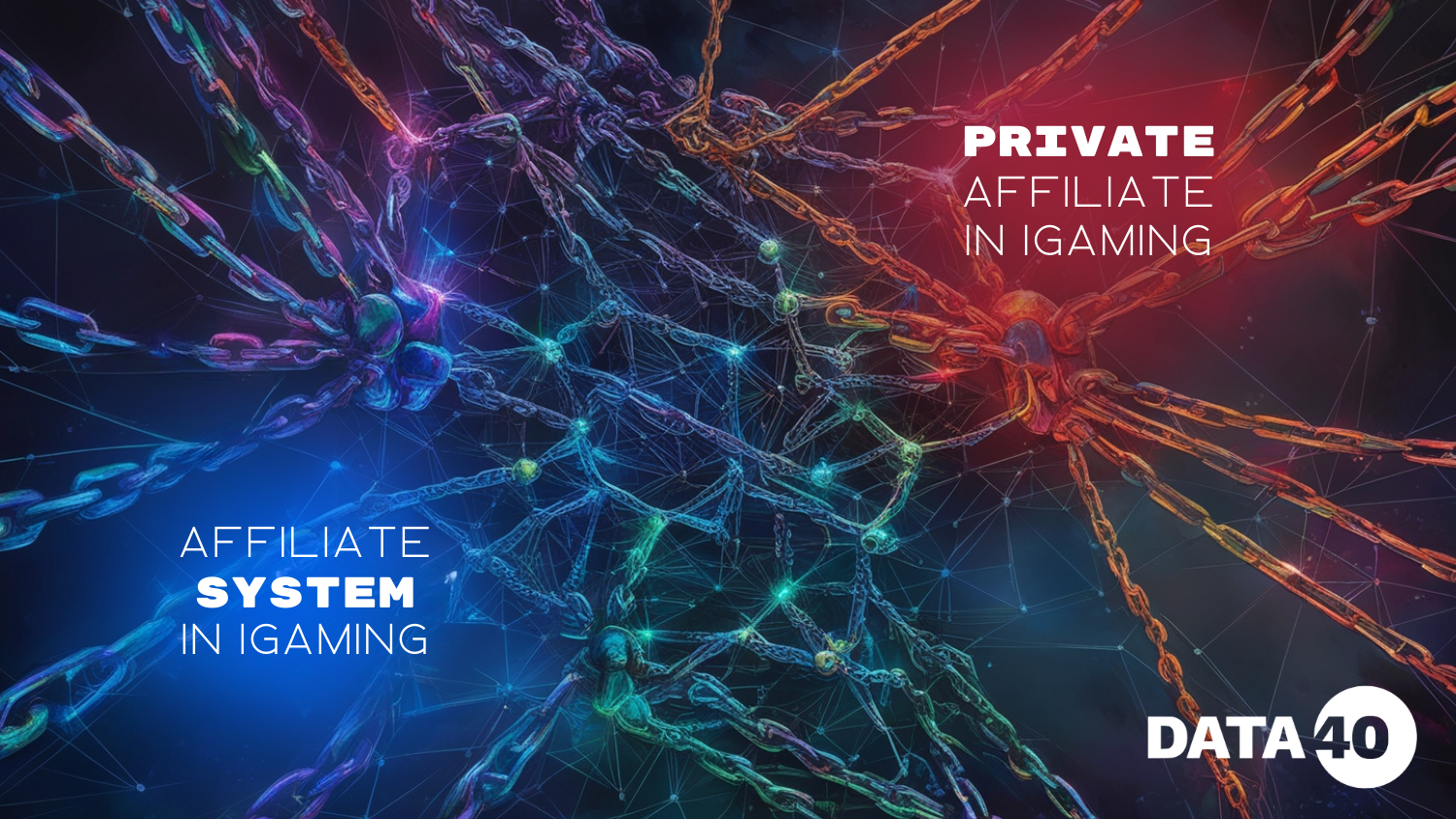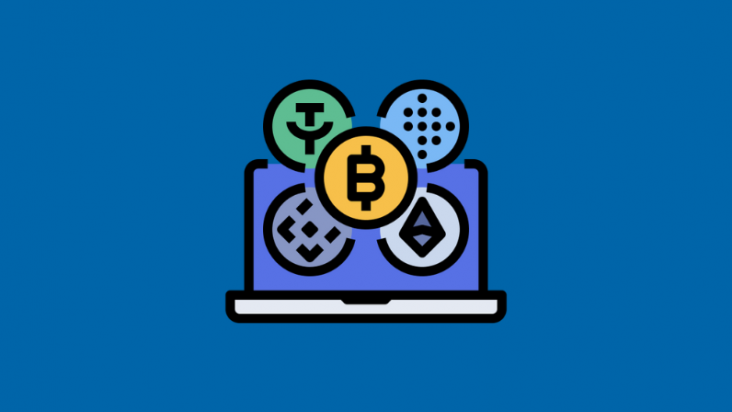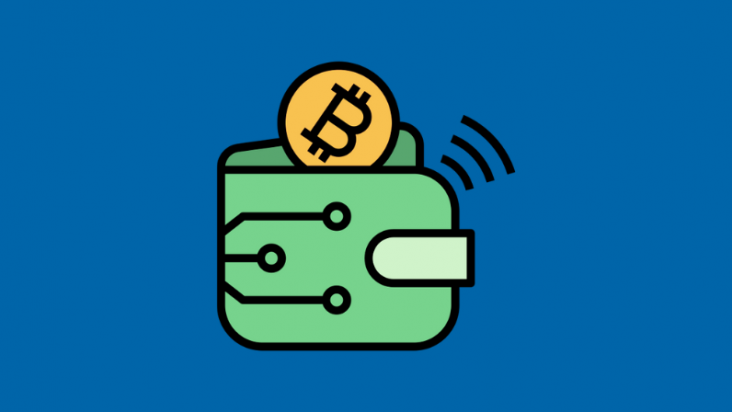Public vs. Private Affiliate Networks: Pros and Cons Explained

The Materials section is a rich resource for individuals and organizations with a focus on data.
With thoughtfully curated articles, timely data releases, and a store stocked with ready-to-use data sets, this section caters to your data needs, empowering you to succeed in the dynamic world of data.
Our company information section provides comprehensive information about our services, pricing, team information, and contact details.
We aim to provide our visitors with all the information they need to make informed decisions about our services and build a strong relationship with our team.

We’ll explore the concepts of Public and Private Affiliates, highlighting their features, advantages, and disadvantages to help beginners make informed decisions.
A Private Affiliate refers to an exclusive partnership between an iGaming operator and a select group of affiliates. Unlike traditional affiliate programs that are open to anyone who wants to sign up, private affiliates are usually handpicked based on their performance, expertise, and reliability. This model is characterized by closer cooperation and often involves tailored agreements and higher commission rates.
Affiliate system (also called Public affiliate networks) are open for anyone to join, although not every offer is accessible to all members right away—typically, top offers are granted after an approval process. Private affiliate networks, on the other hand, require affiliates to demonstrate that they meet specific standards. These networks usually provide better offers with higher payouts but come with more challenging KPIs. They also tend to work with companies that place a high emphasis on brand safety.
Direct offers are obtained straight from the advertiser rather than through a network. These offers generally provide the highest payouts for affiliates but can be challenging to secure.

Features of Private Affiliates:
| Pros of Affiliate Systems in IGaming | Pros of Private Affiliate in IGaming |
| Broad Reach: Open to anyone, allowing operators to leverage a vast network of marketers. | High-Quality Traffic: Handpicked affiliates are more likely to deliver high-quality traffic that converts well. |
| Cost-Effective: Pay-for-performance model ensures that operators only pay for actual results, such as player registrations or deposits. | Better Control: Closer relationships allow for better oversight and alignment with brand guidelines. |
| Scalability: Easily scalable, enabling operators to expand their reach quickly. | Enhanced Trust: Builds stronger, more reliable partnerships that are beneficial in the long term. |
| Diverse Marketing Strategies: Affiliates bring varied marketing tactics, enhancing overall promotional efforts. | Higher ROI: With tailored agreements and higher commissions, private affiliates often produce better returns on investment. |
| Flexibility: Operators can adjust commission rates and other terms based on performance and market conditions. | Focused Support: Dedicated resources and support lead to more effective and efficient marketing efforts. |
| Cons of Affiliate Systems in IGaming | Cons of Private Affiliate in IGaming |
| Quality Control Issues: Open programs can attract low-quality affiliates who may engage in fraudulent activities. | Limited Reach: The exclusivity can limit the number of affiliates and, consequently, the potential reach. |
| Brand Misrepresentation: Affiliates may create misleading promotions that can harm the operator’s brand reputation. | Higher Costs: Offering higher commissions and dedicated support can be more expensive. |
| High Management Overhead: Requires significant resources to manage and monitor a large number of affiliates. | Dependency Risk: Relying heavily on a few affiliates can be risky if they decide to leave or underperform. |
| Variable Performance: Inconsistent results due to the varying quality and capabilities of affiliates. | Less Flexibility: Tailored agreements may reduce flexibility in adjusting terms based on market changes. |
The choice between an open affiliate system and a private affiliate network depends on the operator’s specific needs and goals. Open Affiliate Systems are better suited for operators looking to quickly expand their reach and access a broad network of marketers, especially when operating in highly competitive markets where reach and diversity in marketing strategies are key. Private Affiliate Networks are ideal for operators who prioritize quality control, brand alignment, and building long-term, trust-based partnerships. They are also better for those who are willing to invest more resources into managing a smaller, higher-performing group of affiliates. In essence, open affiliate systems are more flexible and scalable, while private networks offer better control and potentially higher returns. The best choice depends on whether the operator values broad exposure or quality and control in their marketing efforts.

Many modern Web3 projects, especially metaverses and blockchain games, remain in beta testing for years: the team publishes frequent status reports, releases regular updates, promises major releases, yet a full-scale […]

The gaming industry is a form of mass culture, where players have a wide range of abilities. Accessibility is not a “checkbox feature” but a fundamental part of product design: […]

Initially, the term P2E (Play-to-Earn) was primarily associated with token farming: players in Web3 games received rewards simply for spending time in the game, usually through “token farming + selling […]

The years 2021–2022 marked the peak of the Play-to-Earn (P2E) industry. The mass enthusiasm for crypto games and the opportunity to earn from in-game tokens and NFTs attracted millions of […]

Cryptocurrency casinos have already ceased to be a niche “gimmick” and have become a large segment of iGaming. Over the past few years, the industry has adopted provably fair, accelerated […]

Thanks to blockchain technology, decentralized online casinos are gaining popularity among players, offering fairness, transparency, and full control over their funds. These innovative platforms open new opportunities for gambling enthusiasts, […]